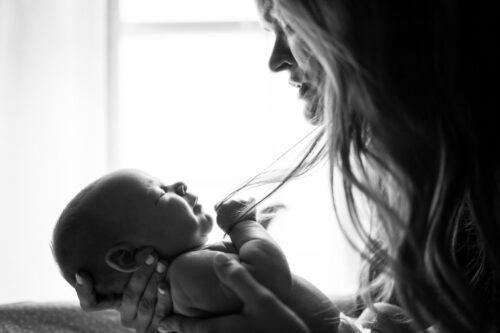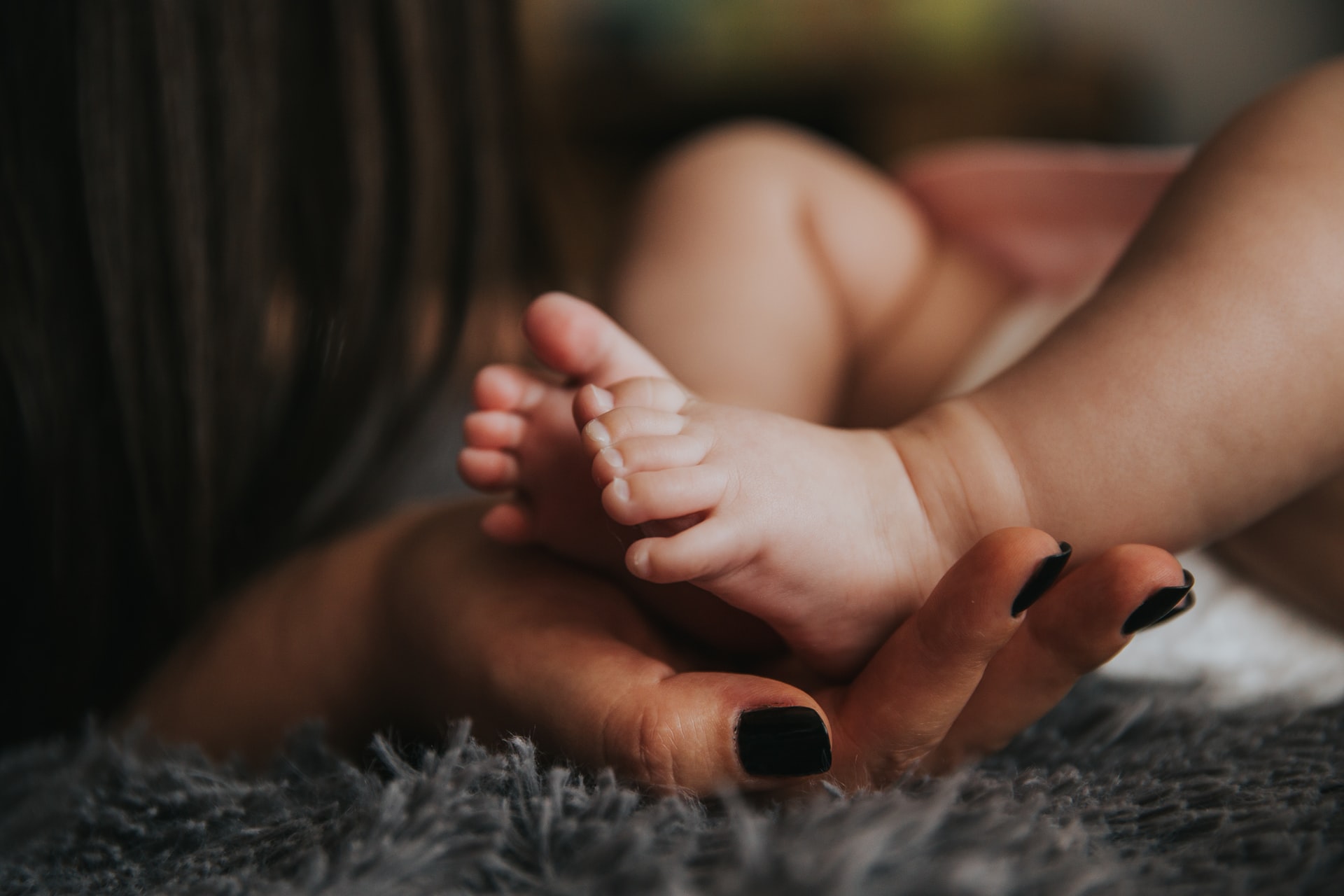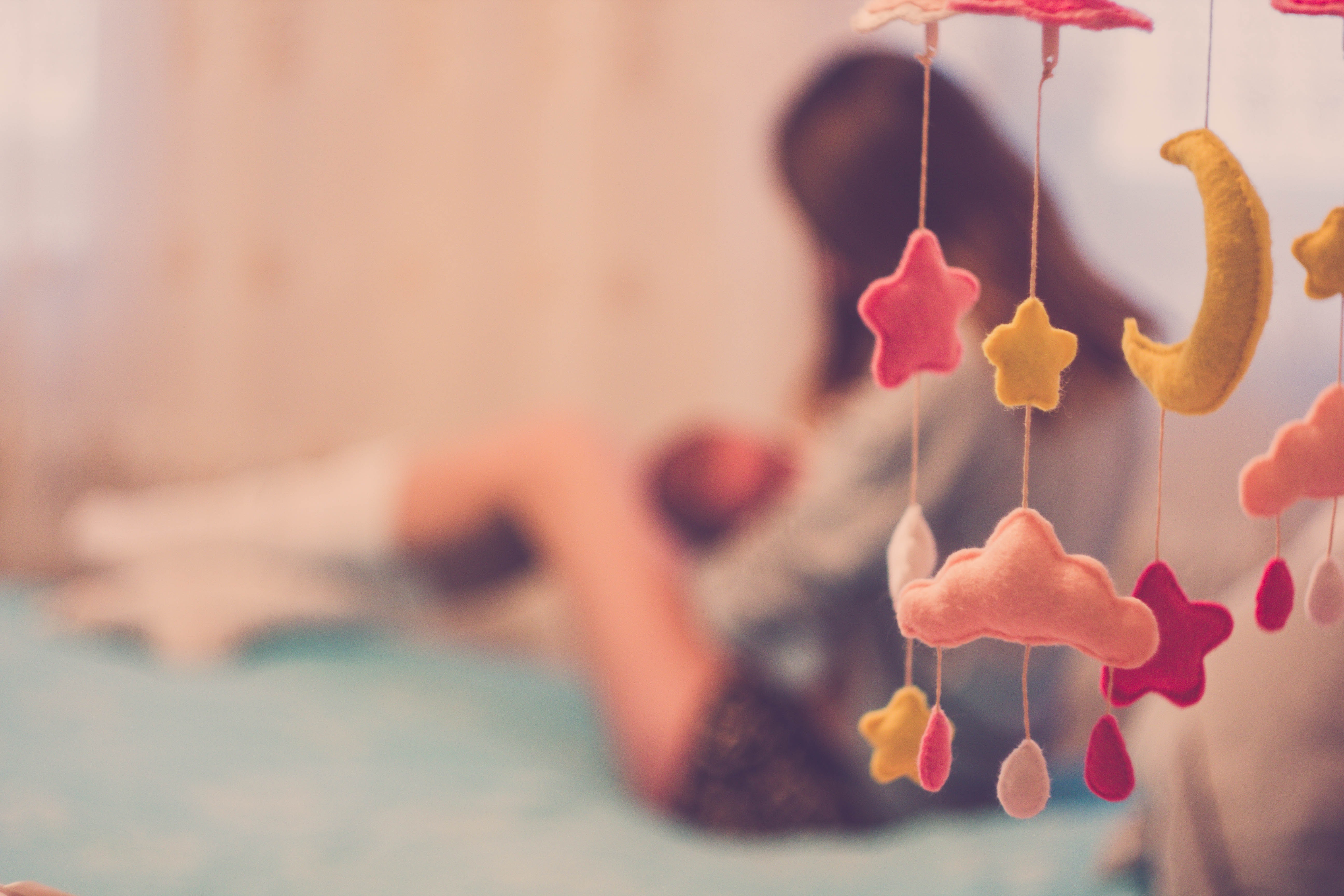The most beautiful and, at the same time, the most difficult period in every new parent’s life is bringing their newborn home.
As a new parent, it’s normal that you don’t know what to do next when you bring your baby home. It’s even ok if you feel overwhelmed and anxious a couple of days after birth.
This period is called baby blues, and it happens due to rapidly changing hormone levels after birth. With the help of your partner and family, you will eventually get through that part. If you notice signs of postpartum depression, be sure to reach out to a professional.
Let us help you out by giving you some tips on what to expect when you bring a newborn home.
1. Feeding
The very first thing many new parents are stressed about is feeding. For new moms, breastfeeding can be a daunting prospect. Many women find breastfeeding difficult, especially if friends and family live far away and there is no one to help them.
Thankfully, in the first few days of you being home with the newborn, a midwife might come to visit you. The midwife will teach you how to breastfeed, how to help your baby latch on, and similar things. In case, you don’t have midwife services, you can always call your local child health clinic or the Australian Breastfeeding Association.
2. Sleeping
It will seem like all newborns do is sleep and eat – and that’s how it really is. If your newborn isn’t eating, they will be sleeping. Babies sleep between 16 and 18 hours each day, but to you, that won’t seem like it since they will take a lot of short naps between feedings.
It’s important that you remember your baby’s sleeping patterns, which can help you get some rest as well.
Babies love to be snugly wrapped which is called swaddled, so make sure you know how to swaddle them. And always have a bassinet or a crib ready.
3. Peeing and pooping
Babies pee and poop a lot as well. A newborn who is breastfeeding should have at least 5 wet diapers per day. Breastfeed babies also poop a lot more than those who eat formula, that’s why you can expect three to four changes of pooped diapers per day.
You should also start tracking the colour and texture of your baby’s poop. The very first day, your baby’s poop will be black and tar-like. This is completely normal, and that first tarry substance is called meconium.
After that, the baby’s poop will be yellowish and runny substance – which is normal as well.

4. Dressing
Dressing your baby is another interesting process. You probably already have a thousand different adorable options, but the best is to keep things simple and comfortable.
When buying baby clothes from Australia, make sure you choose practical and easy-to-change options. If it’s winter, parents tend to overdress their babies and all they need is one more layer than we do. And just a blanket to tuck them in.
Usually, new parents are always confused about how many clothes their baby needs. Since babies outgrow everything really fast, try not to overbuy but keep in mind that you’ll be needing a lot of changes of clothes.
The most important thing to know is to buy soft, comfortable and easy to change clothes.
5. Crying
Expect a lot of crying. Since your baby can’t talk, the only way they can communicate is by crying. This means that you’ll have to learn your baby’s cries – when they are hungry, cold, sleepy, their diaper is full and so much more.
Of course, this process of learning your baby’s cries will take some time, so don’t get too frustrated. And even if you do get a bit frustrated, never shake your baby to get them to stop crying. You can seriously harm them this way. Just learn to be patient and you’ll get the hang of it with time.
Having a newborn at home is going to take some serious getting used to. It will definitely change the life you knew. At first, you’ll be worried about every little thing, but with time and as you get the hang of it, it will get easier.
So, new parents, take things slowly and enjoy this precious phase of your baby’s life.
Article by Jasmine Anderson



